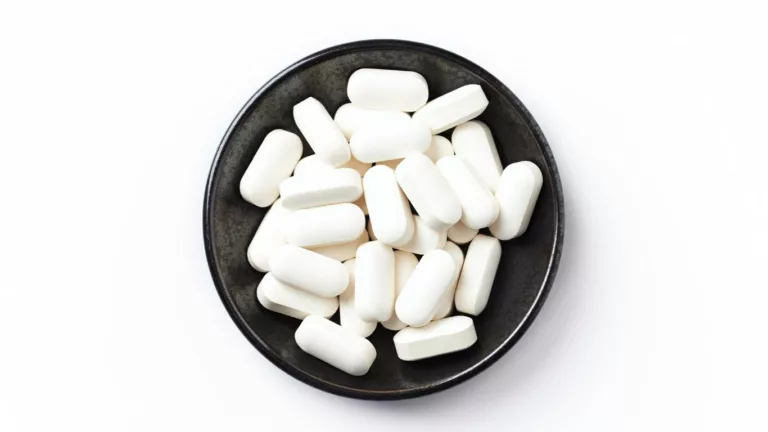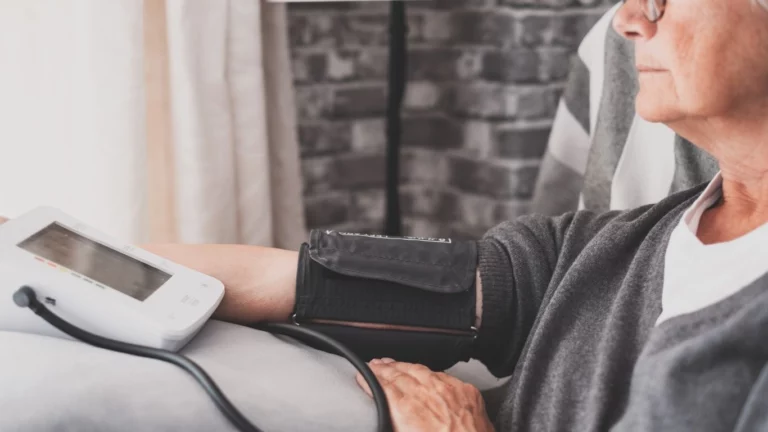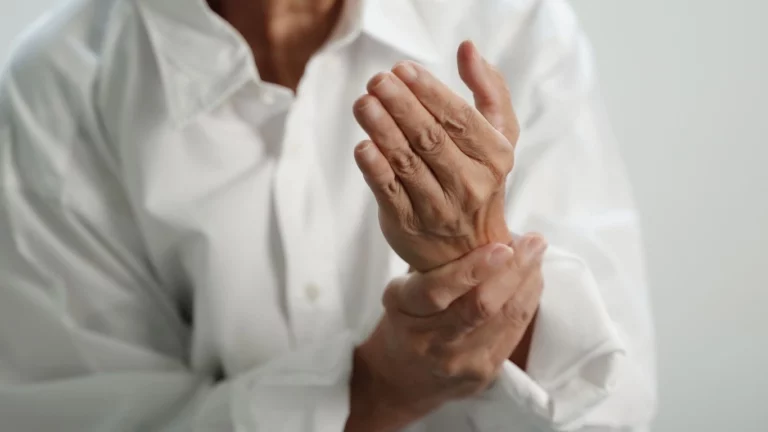Cold Weather and Blood Pressure Effects: What You Need to Know
Have you ever noticed your blood pressure creeping up when the temperatures drop? You’re not alone. Cold weather can have surprising effects on your blood pressure, and understanding the connection can help you stay healthy during the colder months.
Why Does Cold Weather Affect Blood Pressure?
 The link between cold weather and blood pressure comes down to how your body reacts to temperature changes. When it’s cold, your blood vessels narrow (a process called vasoconstriction) to conserve heat. This narrowing makes it harder for blood to flow, which can lead to higher blood pressure. Think of it like squeezing a garden hose—the pressure increases when the path is smaller.
The link between cold weather and blood pressure comes down to how your body reacts to temperature changes. When it’s cold, your blood vessels narrow (a process called vasoconstriction) to conserve heat. This narrowing makes it harder for blood to flow, which can lead to higher blood pressure. Think of it like squeezing a garden hose—the pressure increases when the path is smaller.
Who Is Most at Risk?
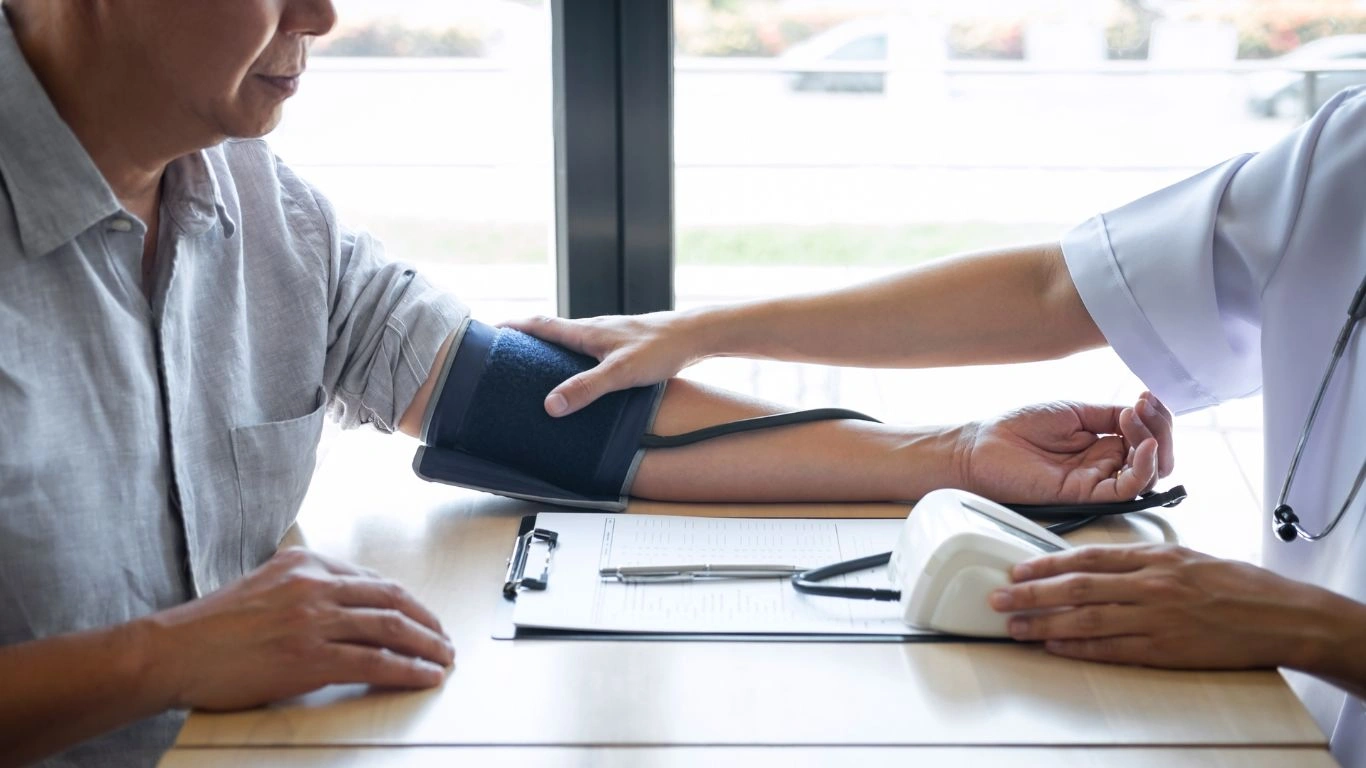 Certain groups are more vulnerable to the effects of cold weather on blood pressure, including older adults, individuals with hypertension, and people with cardiovascular conditions. Living in extremely cold climates can also amplify these risks.
Certain groups are more vulnerable to the effects of cold weather on blood pressure, including older adults, individuals with hypertension, and people with cardiovascular conditions. Living in extremely cold climates can also amplify these risks.
Practical Tips to Manage Blood Pressure in Cold Weather
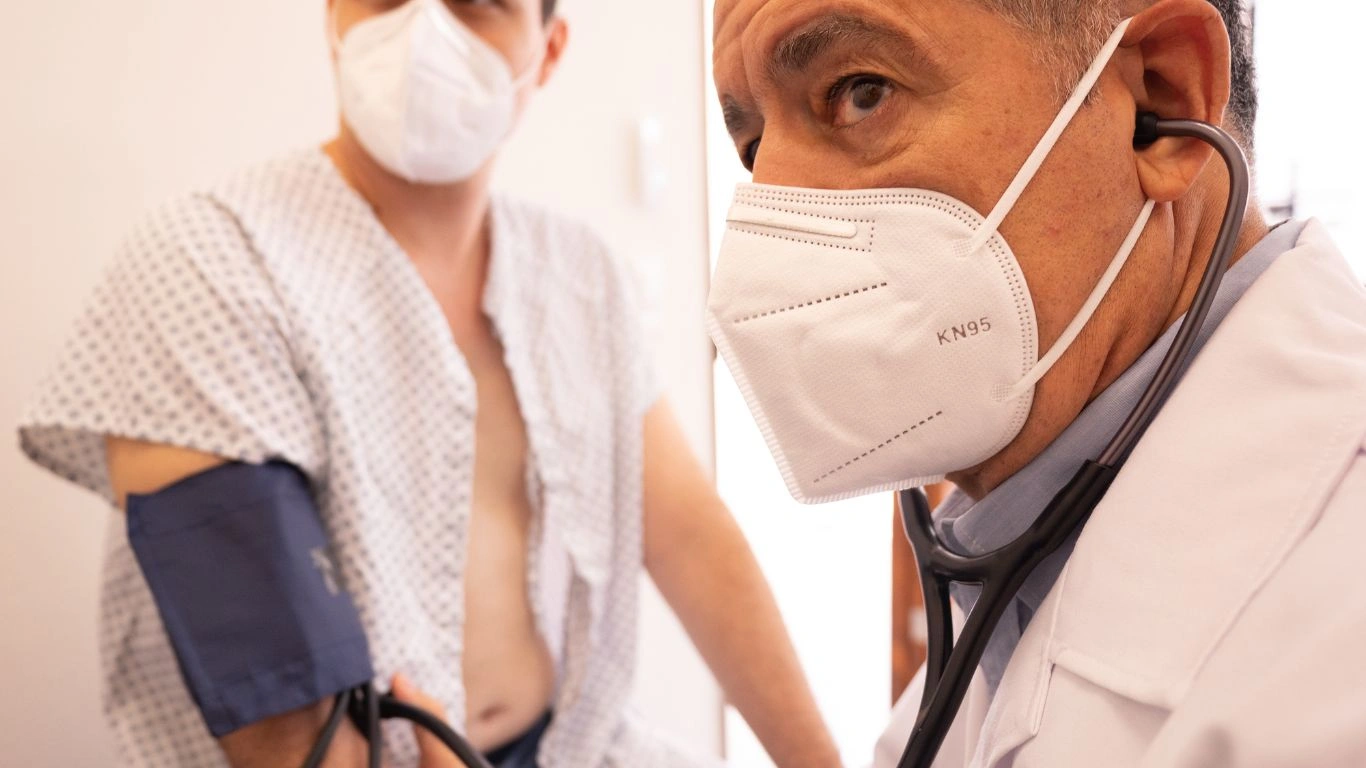 Here are some actionable tips to keep your blood pressure in check during colder months:
Here are some actionable tips to keep your blood pressure in check during colder months:
- Dress warmly to avoid vasoconstriction.
- Stay active indoors with exercises like yoga.
- Monitor your blood pressure regularly.
- Reduce salt intake and eat a heart-healthy diet.
- Avoid sudden transitions between warm and cold environments.
Cold Weather and Blood Pressure: The Science
 Research shows that blood pressure is typically higher in winter than in summer. This is due to colder temperatures causing vasoconstriction, lower vitamin D levels from reduced sunlight, and increased stress during the winter season.
Research shows that blood pressure is typically higher in winter than in summer. This is due to colder temperatures causing vasoconstriction, lower vitamin D levels from reduced sunlight, and increased stress during the winter season.
Appendices
FAQs
- Why does my blood pressure go up in cold weather? Cold weather narrows blood vessels, making it harder for blood to flow and raising blood pressure.
- Can cold weather cause a heart attack? Yes, the extra strain on your cardiovascular system in cold conditions can increase the risk of heart attacks.
- Should I adjust my medication in winter? Always consult your doctor before making medication changes. They might recommend adjustments if cold weather significantly impacts your blood pressure.
- Does drinking warm beverages help? Yes, warm drinks can improve circulation and help maintain your body temperature during cold weather.
- Are people in warmer climates at risk? People in warmer areas are less likely to experience cold-related blood pressure issues, though sudden temperature changes can still have effects.
References
- American Heart Association. (2023). “Understanding Seasonal Blood Pressure Changes.”
- Smith, J., & Patel, R. (2022). “Cold Weather and Cardiovascular Health.”
- National Institutes of Health (NIH). (2024). “Winter and Heart Health: Staying Safe.”
Disclaimer: This article is for informational purposes only and does not replace professional medical advice. Always consult your healthcare provider for personalized guidance, especially if you have pre-existing conditions or concerns about your blood pressure.



